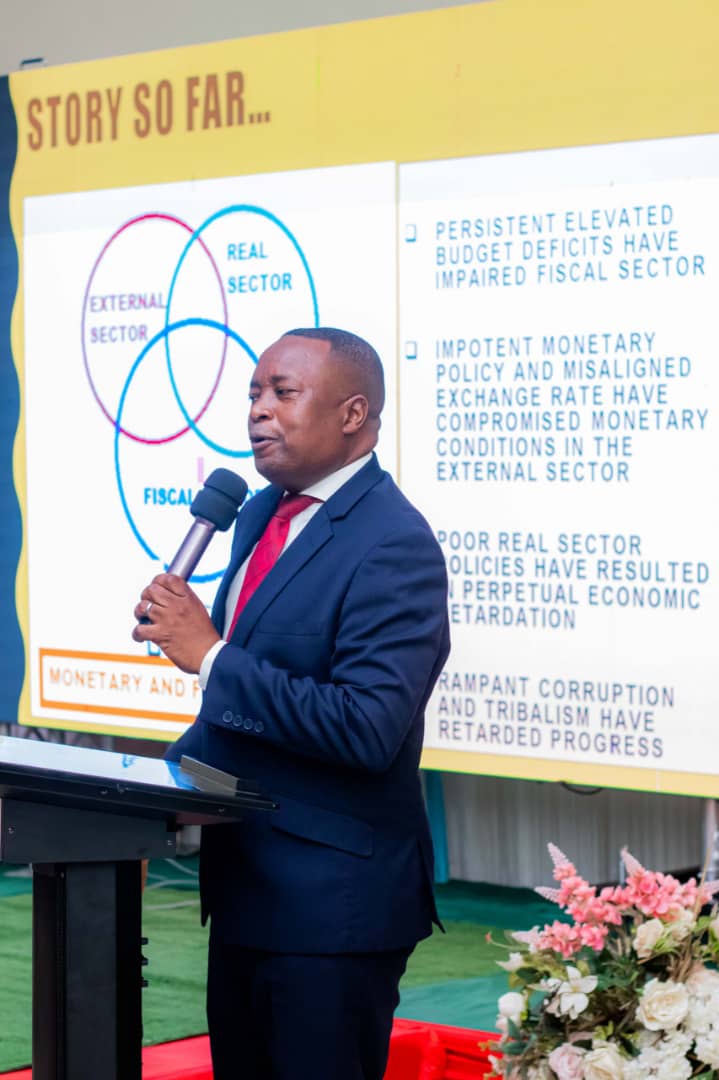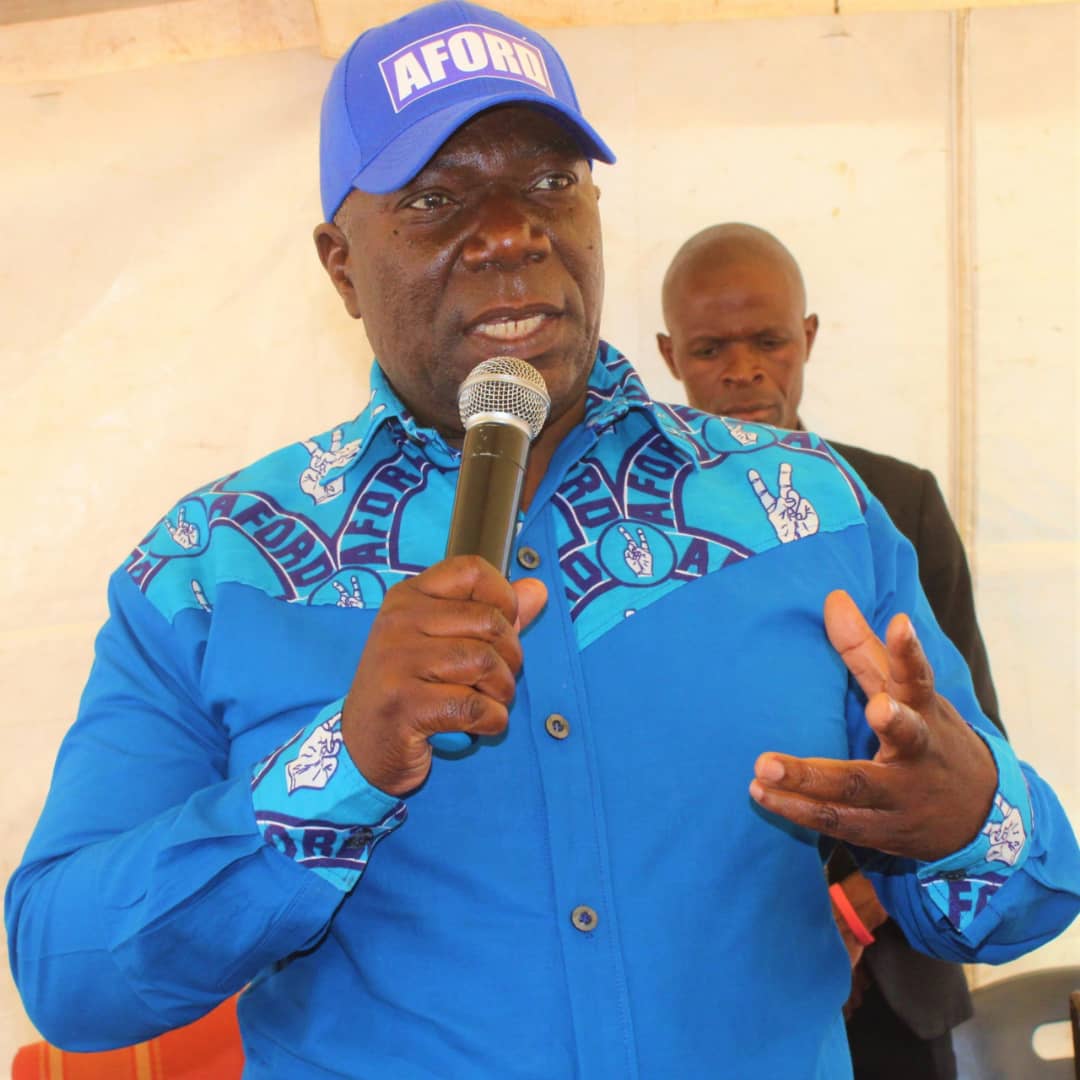By Burnett Munthali
UTM president Dr. Dalitso Kabambe says education remains the cornerstone of any nation’s development.
Kabambe said this during the public lecture which was held at the University of Malawi in Zomba.
Yet in recent years, Malawi’s higher education sector has struggled under the weight of financial constraints and inadequate resources.
A bold call has been made for an extensive overhaul of the education system, with a strong emphasis on proper investment in secondary and tertiary education.
This vision, set for implementation upon the anticipated takeover of government on 16th September 2025, underscores the urgent need to revamp the sector to ensure students receive the quality education they deserve.
A crucial area requiring significant attention is secondary education.
The foundation for university success is laid in secondary schools, and without proper investment at this level, higher education institutions will continue to enroll underprepared students.
Secondary schools must be adequately equipped with qualified teachers, learning materials, and infrastructure improvements.
The failure to address these challenges has led to a widening gap in the quality of education, making it imperative for the future government to prioritize secondary school investment.
Reflecting on the past, university students once enjoyed extensive support that allowed them to focus solely on their studies.
The experience of previous generations at the University of Malawi (UNIMA) is a stark contrast to today’s reality.
Students were incentivized with financial assistance, including higher book allowances that often exceeded tuition fees.
This enabled them to cover their academic expenses and personal necessities with ease.
Moreover, they were provided with sufficient food and resources, ensuring a conducive learning environment.
However, the current landscape of higher education paints a different picture.
Students now struggle to secure basic needs such as food and accommodation, which were previously guaranteed.
The once vibrant and fulfilling university experience has deteriorated into a daily battle for survival.
This shift highlights the urgent need for a well-structured investment plan to restore the dignity of public universities and their students.
A major concern is the admission of very young students into universities, some as young as 12 or 14 years old.
The reality of such young individuals navigating the complexities of university life without adequate support is troubling.
These students are expected to fend for themselves, finding food and accommodation in an environment that should be nurturing their academic growth instead.
This situation underscores the necessity of reforming university policies to provide students with essential support systems that foster academic excellence.
The proposed reforms, spearheaded by the UTM government set to take office in September 2025, aim to reintroduce the tried and tested ‘old wood’ system of managing public universities.
This system ensured that students received the necessary financial aid, proper accommodation, and meals, allowing them to concentrate on their education without undue stress.
Bringing back such a system would be a step towards restoring confidence in public universities and ensuring that higher education remains accessible to all deserving students.
Malawi’s future hinges on the strength of its education system.
Without strategic investments and policy reforms, the nation risks further deteriorating academic standards and limiting opportunities for its youth.
The proposed overhaul presents a timely opportunity to realign priorities, ensuring that education once again becomes the key driver of national development.




